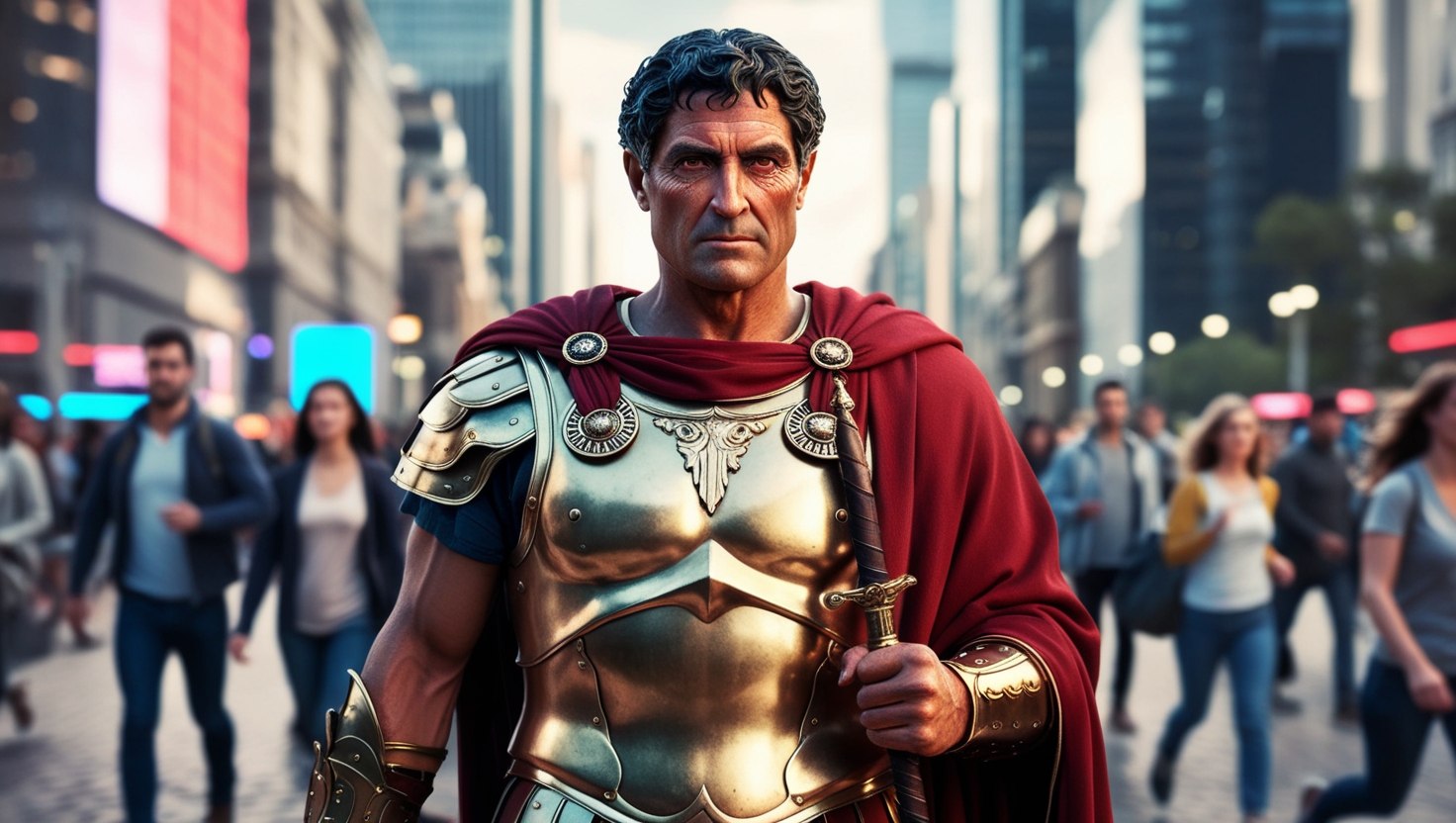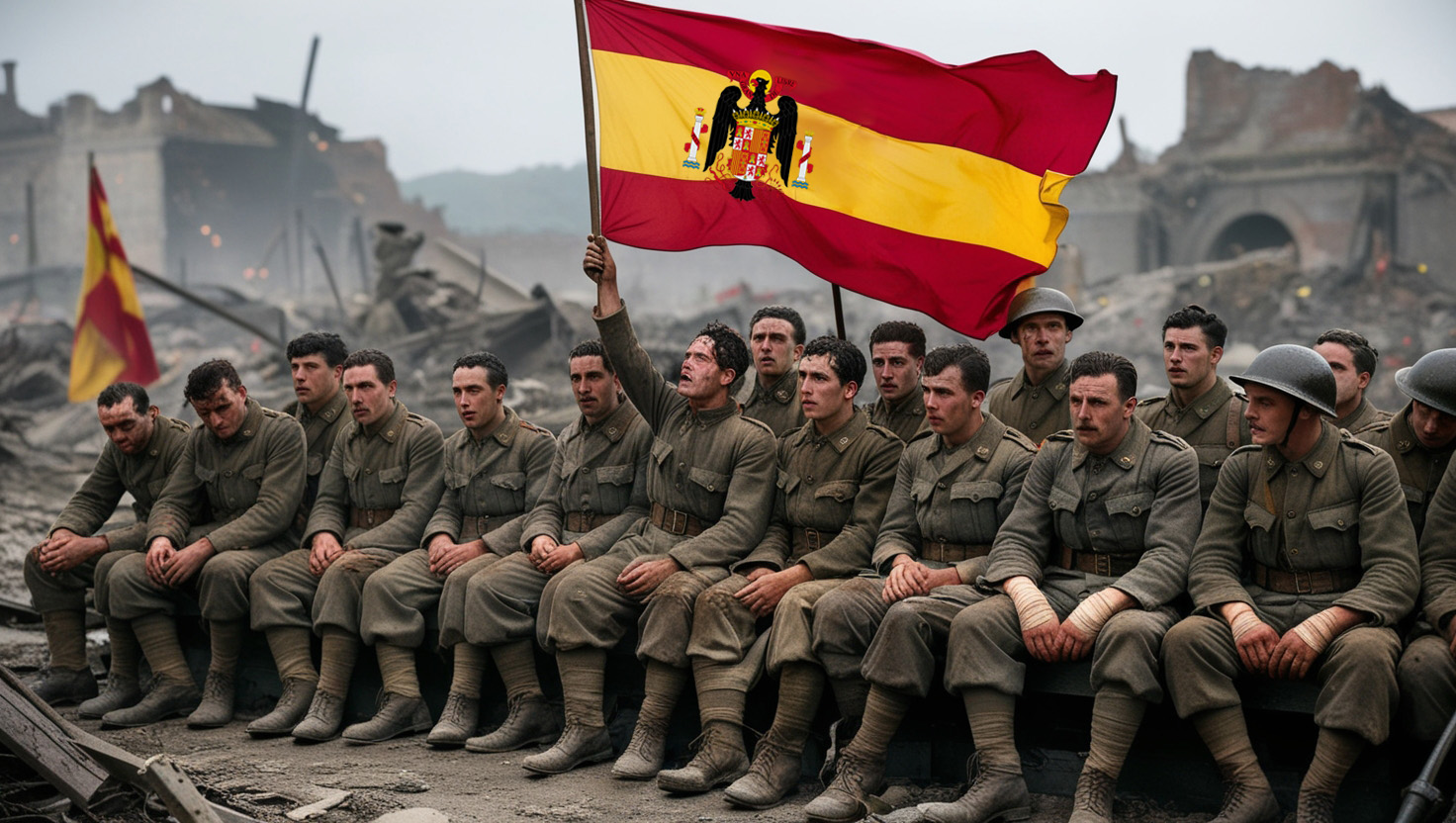In the aftermath of World War I, the world was redrawn. Empires crumbled, nations rose, and the fate of millions hung in the balance. One of the most dramatic chapters of this era was the Greco-Turkish War from 1919 to 1922, a conflict that pitted Greece against the rising Turkish National Movement. The Greeks, driven by the dream of a Greater Greece, sought to reclaim lands they believed were rightfully theirs. But what if they had succeeded? What if Greece had won the Asia Minor Campaign and reshaped the destiny of the Eastern Mediterranean? Today, we explore an alternate history where the Megali Idea triumphs, and Turkey as we know it never comes to be.
This is the story of a world where Greece conquers Anatolia, where Constantinople becomes the capital of a new Greek Empire, and where the geopolitical landscape of the 20th century is forever altered. What would this world look like? And how would it change the course of history? Let’s find out!
Historical Context
To understand this alternate history, we must first revisit the real world events that set the stage for the Greco-Turkish War. The Ottoman Empire, once a sprawling superpower, was on its last legs after World War I. The Allies—Britain, France, and Italy—saw an opportunity to carve up its territories. Greece, which had fought on the Allied side, was promised vast swathes of Anatolia, including the city of Smyrna, in exchange for its support.
But this wasn’t just about territory. For Greece, it was about fulfilling the Megali Idea, a nationalist dream of restoring the Byzantine Empire and uniting all Greek-speaking peoples under one flag. Since gaining independence in 1830, Greece had been a small kingdom, but its leaders dreamed of something greater. They saw Anatolia, with its large Greek population, as the key to their destiny.
In May 1919, Greek forces landed in Smyrna, marking the beginning of the Asia Minor Campaign. Initially, the campaign was a success. Greek troops advanced deep into Anatolia, capturing key cities and establishing control over much of western Turkey. But the Turkish National Movement, led by the charismatic Mustafa Kemal Atatürk, was not about to surrender. What followed was a brutal war of attrition, with both sides fighting for their very survival.
The Turning Point: Alternate Scenario
Now, let’s imagine a different outcome. What if Greece had won? What if, instead of being pushed back at the Battle of Sakarya in 1921, Greek forces had broken through Turkish lines and marched on Ankara? What if the Turkish National Movement had collapsed, and Mustafa Kemal Atatürk had been captured or killed?
In this alternate timeline, Greece consolidates its control over western Anatolia. Constantinople, the ancient capital of the Byzantine Empire, is reclaimed and renamed once again as the heart of a new Greek Empire. The Allies, seeing Greece’s success, agree to partition the rest of Anatolia among themselves. Britain takes the south, France claims the southeast, and Italy occupies the southwest. The dream of a Greater Greece becomes a reality.
But this victory comes at a cost. The war is brutal, and the Greek army faces fierce resistance from Turkish guerrillas. Ethnic tensions flare as Greeks, Turks, Armenians, and other groups clash over land and resources. The region is plunged into chaos, and Greece must now govern a vast, multi-ethnic empire. Could they have maintained control, or would this new empire have collapsed under its own weight?
Consequences for Greece
A Greek victory in Anatolia would have transformed Greece into a regional superpower. With control over Smyrna, Constantinople, and much of western Anatolia, Greece would have gained access to rich agricultural lands, strategic trade routes, and a larger population. The Aegean Sea would have become a Greek lake, and Greece would have dominated the Eastern Mediterranean.
But governing this new empire would have been no easy task. The region was home to millions of Turks, Armenians, and other ethnic groups, many of whom would have resisted Greek rule. Greece would have faced constant rebellions, requiring a massive military presence to maintain order. The cost of occupation would have strained Greece’s economy, and the government would have struggled to balance the demands of its new territories with the needs of its homeland.
And then there’s the question of Constantinople. For centuries, the city had been a symbol of Greek pride and ambition. But in this alternate timeline, it becomes a flashpoint for conflict. Could Greece have held onto the city, or would it have become a target for rival powers like Britain, France, or even the Soviet Union?
Consequences for Turkey
In this alternate world, Turkey as we know it never exists. The Turkish National Movement is crushed, and Anatolia is divided among the Allies. Without Mustafa Kemal Atatürk, there is no Republic of Turkey, no secular state, no modern Turkish identity. Instead, Anatolia becomes a patchwork of occupied territories, with no central government to unite its people.
For the Turkish people, this would have been a devastating blow. Their dream of independence is shattered, and they are left under foreign rule. But in the absence of a strong Turkish state, other powers might have risen to fill the void. Could Kurdish nationalism have gained traction? Would the Allies have been able to maintain control, or would Anatolia have descended into chaos?
Global Implications
The ripple effects of a Greek victory would have been felt far beyond Anatolia. The Treaty of Lausanne, which established modern Turkey, would never have been signed. Instead, the Allies would have redrawn the map of the Middle East, creating new borders and new conflicts. Greece, as a dominant power in the Eastern Mediterranean, would have played a key role in shaping the post-war world.
But this new world order would have come with its own challenges. The Soviet Union, eager to expand its influence, might have seen Greece as a threat. Britain and France, already struggling to maintain their empires, would have faced new pressures in the region. And the rise of a Greater Greece could have sparked nationalist movements across the Balkans and the Middle East, leading to even more instability.
Long-Term Effects
In the decades that followed, this alternate world would have looked very different. A Greek-controlled Anatolia might have become a flashpoint for Cold War tensions, with Greece aligning itself with the West and the Soviet Union supporting rebel groups in the region. The ethnic tensions that plagued the area would have continued to simmer, leading to periodic outbreaks of violence.
And what of Greece itself? Would it have been able to maintain its empire, or would it have collapsed under the weight of its own ambitions? The answers to these questions are impossible to know, but one thing is certain: the world would have been forever changed.
Conclusion
The Asia Minor Campaign was a turning point in history, a moment when the fate of nations hung in the balance. In our world, Greece lost, and Turkey emerged as a modern, secular state. But in this alternate timeline, Greece triumphs, and the Eastern Mediterranean is reshaped in its image. Would this have been a better world? Or would it have led to even greater conflicts and suffering? The answers lie in the realm of imagination.
What do you think? Could Greece have maintained its empire, or would it have collapsed under the weight of its own ambitions? Let us know in the comments below.
If you enjoyed this journey into alternate history, don’t forget to check out the full video on YouTube. Like, comment, and subscribe for more thought-provoking content!



